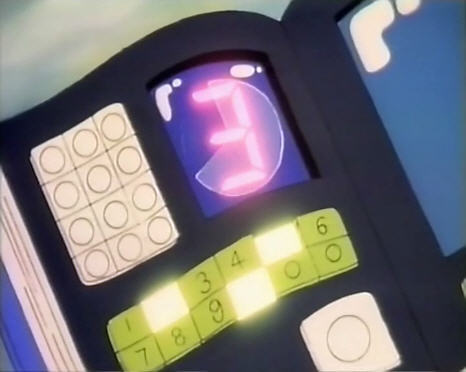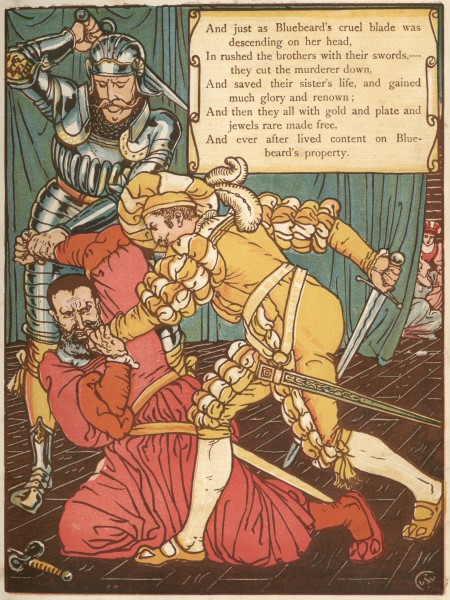From Wikipedia:
The book argues that in order to attract and marry the man of her dreams, a woman should be 'hard to get'. The underlying philosophy of which is that women should not aggressively pursue men, but rather ought to get the men to pursue them.
I'm very much against the games people feel like they have to play, this whole 'don't let him know you like him or he will value you less' mindset is ridiculous. There have been several times where finding out a girl was interested in me actually made me look at her more favorably, even made her more attractive in return.
Basically the Rules play off of the bit of psychology that says men want what they can't have, so if you want to trick him into liking you, pretend you don't care for him. Women aren't the only one to use this play. Men do it too. Its called 'Treat the girl like you're a total jerk and she'll end up wanting you more.' We've all seen the a-hole guy with the girl that's totally into the neglect or occasional abuse he dishes out. It works. That doesn't mean its okay.
That's the defense I hear about "The Rules". They work! Fine..they might. But if you have to trick a guy into liking you, is that really the guy you should be dating?
To me, the whole story seems very familiar:
Luke: Is the Dark Side stronger?
Yoda: No, no, no. Quicker. Easier. More seductive...
It would be easier to get a girl's interest by mistreating her. I've gone down that road before. Its almost sad how easy it is. But is that the kind of low self-esteem person I want to be with? While easier, it leaves a hollow victory in the end.
Let's look at some of the infamous "Rules":
2. Don't talk to a man first.
3. Don't talk too much.
4. Don't meet him halfway
6. Don't accept a Saturday Night Date after Wednesday (even if you were planning on sitting at home complaining to your roommates that you're bored, you have to make him think you lead a glamorous life filled with dates and you can only just barely book him if he calls far ahead of time...like you're the freaking Per Se)
12. Stop Dating Him if He Doesn't Buy You a Romantic Gift for Your Birthday or Valentine's Day (make sure he pays the monetary transaction required for his end of the bargain...but you're not a prostitute, let's make that clear)
13. Don't See Him More Than Once or Twice a Week
Okay, so far so good. Besides setting back women's rights by about three decades, they aren't completely weird. Just a lot of "pretend you're someone you're not so he'll like you and if you're interested in him FOR HEAVENS' SAKE DO NOT LET HIM FIND OUT!!!".
But then the rules start to get really weird.
23. Don't Date a Married Man (Okay...good advice. Kind of obvious but if you're reading self-help books maybe it bears repeating)
26. Even if You're Engaged or Married, You Still Need the Rules (Ie: Don't ever let him find out what you're really like, keep pretending to be disinterested or he might grow bored with you. Remember, men love a challenge!)
31. Don't Discuss the Rules With Your Therapist
Wait....WHAT?! Does that raise a red flag to anyone else? There's a whole chapter devoted to not letting your trained licensed professional know that you're following life advice from an accountant and a freelance journalist? How long is this chapter? Is this like the first rule of Fight Club?
 |
| First rule about "The Rules: Time-Tested Secrets for Capturing the Heart of Mr. Right": Don't talk about "The Rules: Time-Tested Secrets for Capturing the Heart of Mr. Right". |
And the list of Rules goes on, explaining how you should not leave the house without makeup on, never answer the phone on the first ring, etc.
Here's my rules for dating, from a guy's point of view:
1. Be yourself. Don't trick a guy into liking a glamorous phantasm you create for him. Don't try to be what you think he will like. If you do, that's a mask you're going to have to wear forever, because if you do end up getting married, he's going to eventually see the real you. You deserve to be dating someone who likes you for who you are.
2. Be honest. Laugh at his jokes if you find them funny, not because a Rules tells you to. If you're excited to talk to him, its okay to let him know. Its okay to beat him at a game you're better at than he is. Its okay to let him know you're smart, maybe even an equal partner to his own intellect, rather than a subservient food making sex machine.
Those are all the rules I can think of. They probably don't work as fast or as easily as the "Rules", but I think you'll be happier with the end result.
















